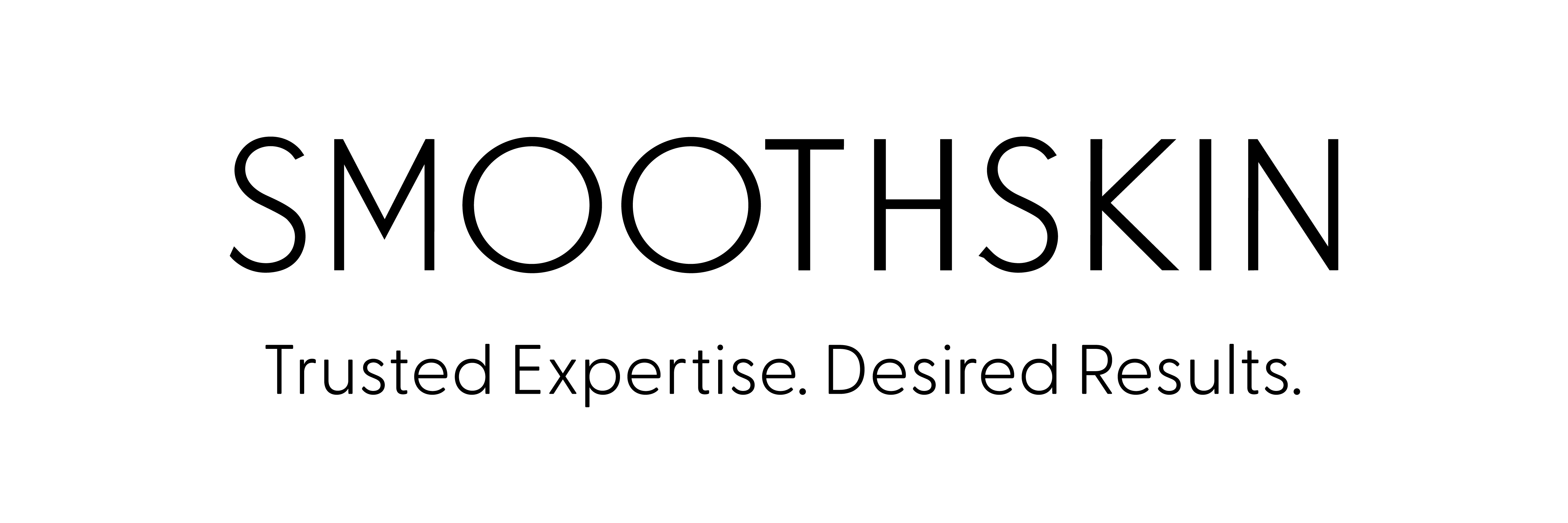How to Stimulate Collagen Production in Skin

Over the last year, a new trend has taken the internet by storm—Korean skincare. Known for its holistic approach, Korean skincare brands focus on natural ingredients for effective and gentle results, leading to long-term skin health and the “glass skin” effect that so many desire.
One of the hero products, a collagen mask or cream, has amassed millions of views on social media platforms such as TikTok, becoming a staple in many skincare routines to help get smooth skin, no matter the skin type.
But, how effective are these products when it comes to boosting our skin’s collagen production?
Well, the team here at SmoothSkin can reveal that boosting our collagen levels isn’t quite as simple as these videos make it seem.
What is Collagen?

Collagen makes up about one-third of our body’s total protein content, making it the most abundant protein in the human body. It is a major structural protein found in the skin, bones, muscles, tendons, and other connective tissues.
The primary purpose of collagen is to help provide strength and support to these tissues, helping maintain their shape, integrity, and elasticity to withstand stress and strain.
So when it comes to our skin, collagen helps to keep it firm, plump, and smooth. Whereas for our bones, it provides the framework for bone strength and density.
As well as this, collagen is involved in the production of other important substances in the body, such as elastin, which gives skin its elasticity, and proteoglycans, which help to cushion and lubricate joints.
And unfortunately for us, from our mid-20s to 30s, collagen production starts to decline, meaning we turn to different products and techniques to maintain our collagen levels.
However, much to everyone’s dismay, collagen can’t be absorbed through the skin because its molecules are simply too big. This means collagen creams and masks don’t actually replace lost collagen, or stimulate collagen production—they simply just hydrate the surface of the skin.
As such, our skincare experts have shared the 3 best ways to increase collagen production naturally, without the use of masks or creams—which don’t work on a molecular level.
How to Increase Collagen Production Naturally

- Eat collagen-boosting foods
Your body needs the right nutrients to produce collagen, so a balanced diet is key. So, for those wondering how to increase collagen naturally, there are certain foods that increase collagen production that you should keep in mind.
Foods rich in vitamin C, such as oranges, strawberries, kiwis, and bell peppers, help stimulate collagen production and act as antioxidants, protecting the skin from free radical damage that causes aging.
Protein-rich foods like eggs, chicken, fish, and even tofu, provide amino acids—the building blocks of collagen.
Bone broth is also a fantastic natural source of collagen and can support your gut health, which is linked to clearer, healthier skin.
A well-rounded diet not only helps with collagen production, but also improves skin hydration, elasticity, and overall radiance.
- Use skincare that stimulates collagen
Certain skincare ingredients can help your skin with natural collagen stimulation.
Retinol (a form of vitamin A) speeds up cell turnover and boosts collagen, helping to reduce fine lines, smooth skin texture, and fade acne scars. However, retinol is a strong ingredient, so to effectively use and build up your skin’s tolerance to retinol, start with a low concentration, and gradually increase this overtime.
Start by using retinol 1-2 times per week, preferably in the evening after cleansing and before moisturising, and opt for a product with a lower concentration (such as 0.1% or 0.2%).
As well as retinol, peptides also signal the skin to make more collagen, improving firmness and elasticity. Vitamin C not only helps collagen production but also brightens the skin, evens out tone, and protects against sun damage.
Adding these ingredients to your skincare routine can keep your skin looking youthful, plump, and healthy when used over time.
You can also invest in light therapy devices, such as an LED face mask with red light therapy. This helps to reduce inflammation, and stimulate the production of collagen in your skin.
Red light therapy works by using low-level wavelengths of red and near-infrared light to stimulate the body’s cells, which help to produce more energy. This in turn promotes healing, reducing inflammation, and improving cell function—as well as stimulating collagen production.
An LED mask for collagen production can significantly improve your skin, and you can browse our full range of red light therapy devices and red light therapy LED masks for more information.
Here at SmoothSkin, we are the only brand that combines LED light therapy with skincare for enhanced, deeper results. Our products are also dermatologist-approved, using researched wavelengths to boost collagen and firm skin.
In fact, 96% of users saw brighter, refreshed skin with long-lasting results in just 4 weeks.
- Protect your skin from UV damage
The sun’s UV rays break down the collagen in our skin, which can lead to premature ageing, wrinkles, and sagging skin. As such, it’s important that we wear SPF whenever we are outdoors.
Wearing broad-spectrum SPF daily—even on cloudy days—is one of the best ways to protect the collagen you produce, as well as preventing sunspots, fine lines, and any hyperpigmentation.
By protecting your skin from these factors, and using SPF regularly, you can help to maintain its firmness, smoothness, and overall glow for longer.
